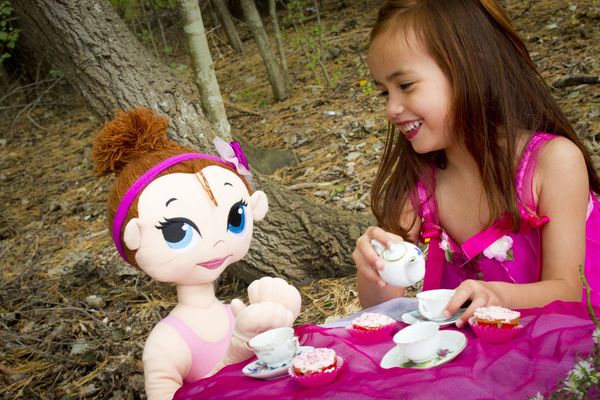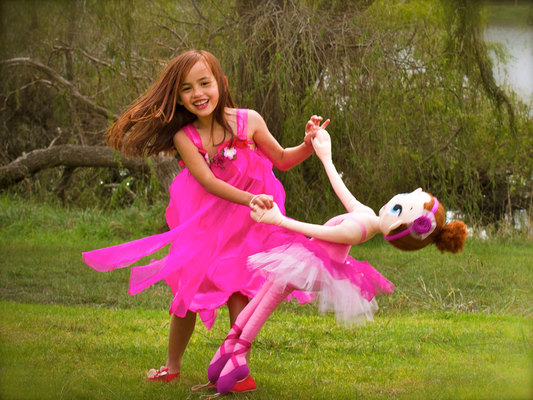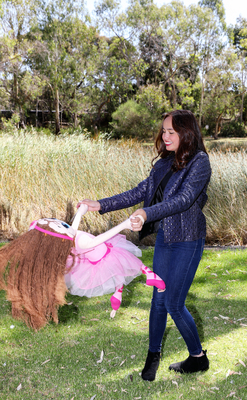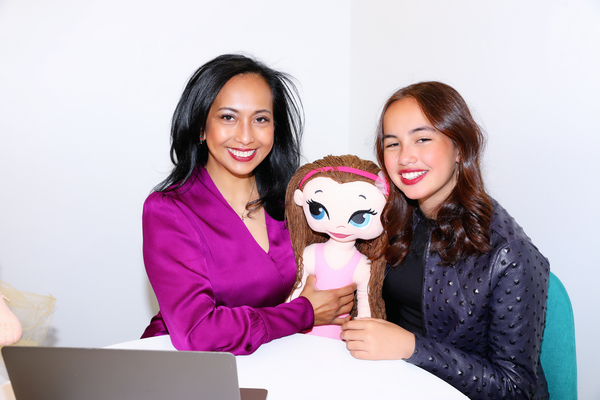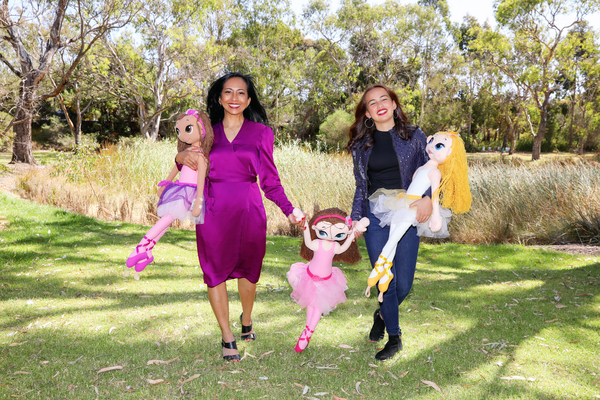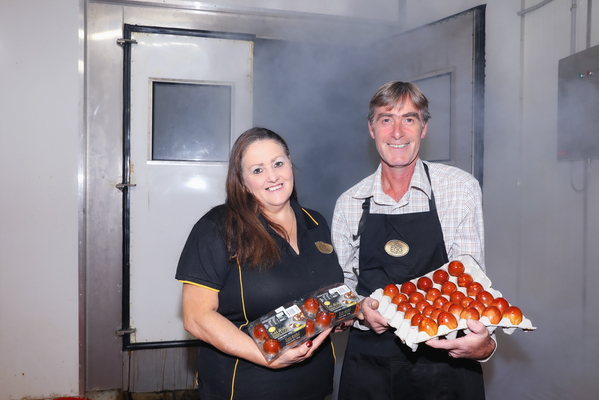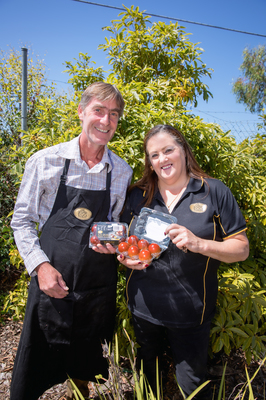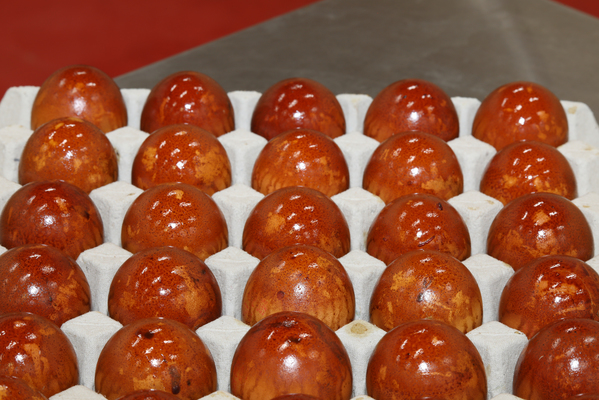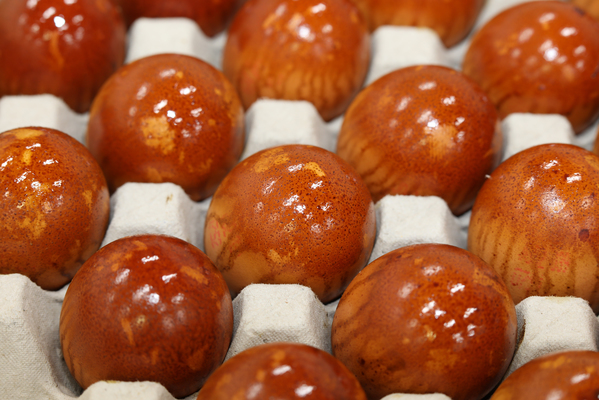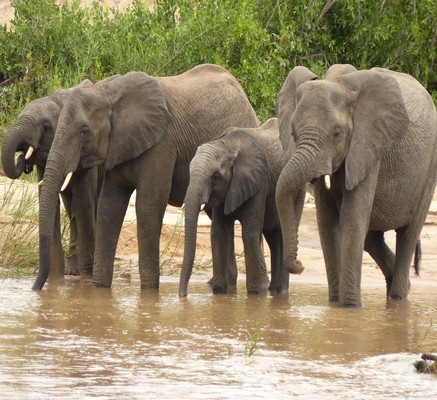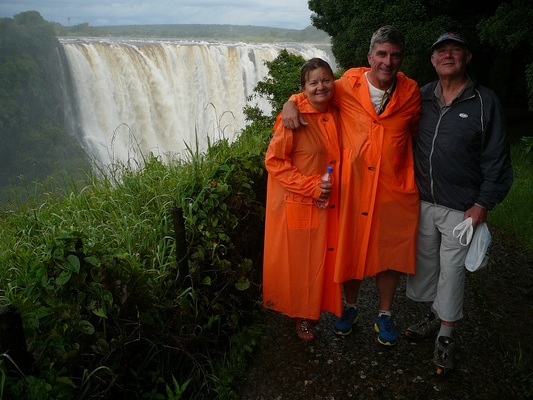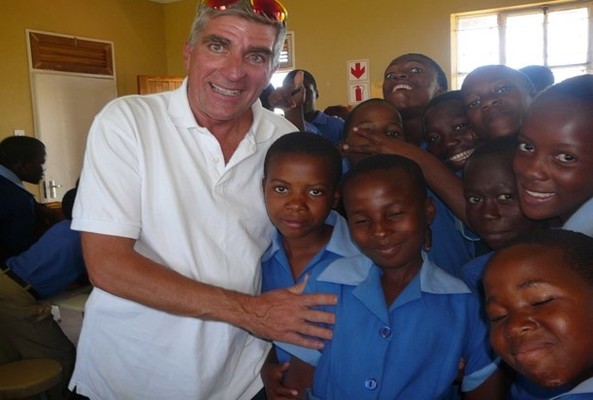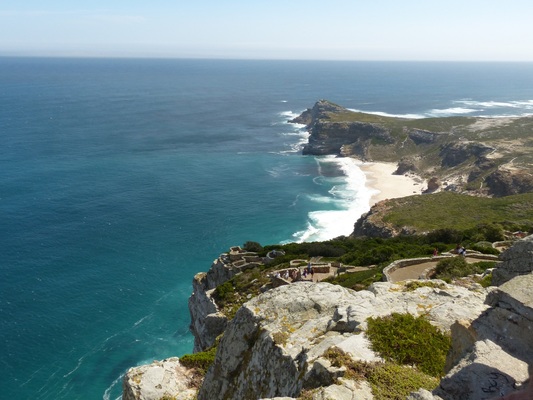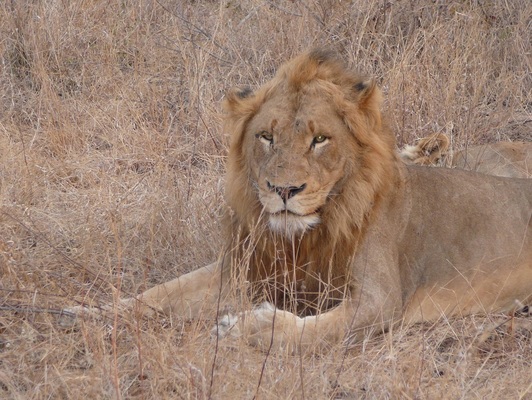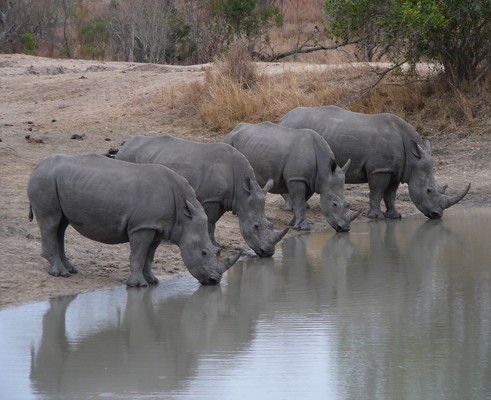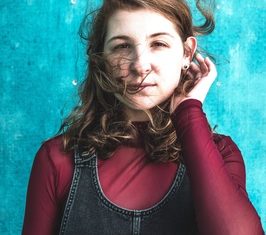From high tech to smoked eggs, a new breed of entrepreneur is reshaping the future of Geelong. LUKE VOOGT meets three local start-ups exploring new frontiers in commerce.
Scores of brave Geelong entrepreneurs are risking it all to start ingenious, quirky and imaginative businesses in the city’s vibrant and changing economy.
With the decline of manufacturing, Geelong is banking on innovation and start-ups for its economic growth.
Groups such as Runway Geelong, which aims to create 70 new enterprises, are helping entrepreneurs like Rini Lombard make waves in the city by the bay.
Seven years ago Rini watched daughter Louise swing her teddy as she danced and her happiness inspired an idea that grew into a 7000-doll business.
“I created the first doll to make her smile,” the Highton entrepreneur says.
The busy single mother-of-three was about to take her eldest son to karate when Louise asked to dance.
“She just loved music and dance,” she says.
But with things to do, Rini suggested Louise dance with her other brother instead.
“He turned around and said, ‘I’m not going to dance with her’,” she says.
“So she just went in her room and danced with her teddy – and that was it.”
Rini spent two months making a doll for her daughter but was unimpressed with the results.
“I’m not that good at sewing,” she says.
But friends helped Rini improve the design and speed up the fabrication.
“Somebody liked it and said, ‘why don’t you sell it?’” she says.
“I needed money so I thought I’ll do it.”
She sold the dolls at local markets and ballet school concerts while juggling odds jobs, including working as a flight attendant, and looking after her kids.
“I liked the excitement when girls saw the dolls.”
Rini made about 600 dolls in a few years before taking the business to the next level.
“The first challenge was facing the unknown,” she says.
“The risk is scary. Do I keep going with this business or do I get a full-time job somewhere else? Because I need to feed my family.”
The next challenge was the rejections.
“As a start-up they see you as nothing,” the Indonesian expat says.
“I couldn’t even speak English properly back them. I had to prove myself or, unless you have a million dollars, it’s not going to happen.
“I had to learn everything. I took a small course in microbusiness management. It changed the course of the business.”
Most companies were unwilling to take a “leap of faith” with Rini because they required a minimum of 2000 to 6000 dolls a year.
“But a company from Indonesia gave me the chance to meet them in person and I just jumped on a plane.”
Rini secured a manufacturing deal in 2014 and later a stall at the Australian Toy Hobby and Licensing Fair 2016
“It grew to thousands from there,” she says.
Her company, The Big Little Bear, has sold 7000 dolls and ‘surfy buddies’ across Australia and the world so far.
“The business has brought so much joy to me – that warm fuzzy feeling when somebody actually sees my creation,” she says.
“Whenever I’m about to give up I receive a letter from a parent or grandparent saying, ‘(the doll) brought memories of when I was little, I want to dance again’.
“There are times when I stay up late and I have tables full of my cuffings and papers and I say, OK kids we’re going to eat in the lounge.”
Rini was proud when her daughter told her recently she was “brave” and “inspiring”.
Louise, then 5, danced with a doll for the company’s first photoshoot. She again posed for mum in Geelong Coast Magazine at age 12.
“(The first time) she cost me only an ice-cream for the entire photo shoot!” Rini laughs.
“You do your best with limited funds. I have upgraded Louise’s photo bonus from ice cream to milkshake.“
A local egg business is also exporting Geelong to the world, after taking the Middle East by storm in February.
It all began with a humble smoker, explains co-founder Julie Kos.
The Stonehaven egg farmer bought husband Paul the device for their 30th wedding anniversary at a trade show a few years ago.
“My husband used to drool every time he walked past the smoking area,” she says.
“Anything that walked, we’d smoke it.”
Among their experiments was cracking an egg from one of their free range chooks in the smokehouse.
“It was like a marriage made in heaven, the taste of egg and smoke was amazing,” she says.
“We invited some family and friends out to see if they liked it or it was just me.”
They loved it, but the couple realised they had to devise a way to smoke eggs in their shells to sell them commercially, Julie says.
So they began a two-year quest to find the right combination of time, temperature, humidity and smoke.
“I said to my husband, ‘I think I’ve got it’ and he said, ‘it will never work’,” Julie says.
They nailed it in late 2017 and this February joined a trade mission to United Arab Emirates to market the product.
“It’s taken so long for us to get it to market,” Julie says.
“It could change the culinary world as we know it.”
Their product is especially popular among halal diners who do not eat bacon, she explains.
“Having a smoked egg is like having eggs and bacon, without the bacon,” she says.
The couple attended government functions and luxurious villas in Dubai, with at least 75 local distributors speaking to them.
“It’s phenomenal the amount of enquiries we got,“ Julie says.
“We certainly didn’t expect the response we got from Dubai, it was absolutely amazing! We need to go back there very quickly.”
Paul acted as company “spokesperson” on the trip as an “exhausted“ Julie took care of the rest.
“It’s not his forte so I’m very proud of him,” she says.
“I was up at 2am to deal with the business side of it in Australia.”
The Smoked Egg Company is negotiating supply and intellectual rights deals in countries including Egypt, India and Thailand.
“We’ve definitely got the American arm going, that’s signed, sealed and delivered,” Julie says.
“We believe Japan will be our biggest market but we didn’t think so at the time.”
Apart from perfecting the smoking, one of the biggest challenges was marketing the egg as a raw product, Julie explains.
“It’s not without its teething problems, we’re learning every day.”
But once customers understand they still need to cook the product “they love it”, Julie says.
“For example, if you’re making pasta and you use my egg instead of a normal egg you get smoky noodles.”
Julie says the smoking process is a “game-changer” in the food industry with laboratory tests indicating no bacteria at 18 weeks of age, compared to 250 million for a normal egg.
Former Ford worker Paul and Julie bought their farm about 15 years ago.
“We were one of the first people to do free-range in Geelong,” she says.
The Geelong born-and-bred couple, in their early 50s, plan to keep the liquid component of their business local to keep work at their Breakwater factory, Julie says.
“This is going to help put Geelong on the world map even more.”
Another Geelong start-up is making its mark overseas by leading tours in “raw” and “beautiful” Africa.
“Africa was never on the bucket list,” admits Denise Smith, who co-owns Africa Roar alongside husband Brian.
“It was so far from what we ever envisaged our future being.“
The central Geelong couple, in their early 60s, first journeyed to Swaziland and South Africa with a friend in 2011.
“We thought there was nothing to see in Africa that would float our boat,” Denise says.
“It was sort of one of those places where you don’t normally hear good things about.”
But the couple soon fell in love with the continent.
“As we progressed through our tour and saw the raw beauty of Africa, the poor, the underprivileged and the wild animals, we just realised how unique it was,” Denise says.
“We just felt like we were so connected to it, it was pulling us into the ground.”
They visited wildlife reserves, donated to agricultural plantations and gave food to AIDS orphans as they travelled.
“That was really humbling. (AIDS has) wiped out a generation,” Denise says.
“We have access to three or four meals a day and those children are lucky to get one.”
Former refinery worker Brian also donated some medical equipment he acquired from his previous employer.
“That equipment saved lives,” Denise says.
“We just wanted to keep going back and giving. We had to show our Africa to the world.
“We thought the best way we could do that was take people over and actually show them.”
So the couple began running tours for family and friends.
“Just last year we decided we would give it a go as a businesses we could make a profit off,” Denise says.
Africa’s safety record provides a niche where experience matters for prospective travellers, Denise explains.
“The media reports all these negative things,” she says.
“There are some unsafe places but that’s not where we take you.”
The ground work for the business and itinerary was a huge challenge, Denise says.
“The hardest obstacle for us is just getting our name out there and getting that trust established.”
The company now runs 18-day tours for groups of six or fewer.
But despite safety being the most important thing on their tours, “everyday day is different”, Denise says.
From vultures in the trees or lions chasing down their prey, to taking part in a local wedding ceremony or festival, it’s all “unrehearsed”, she says.
“Africa is so wild and hair-raising.”



